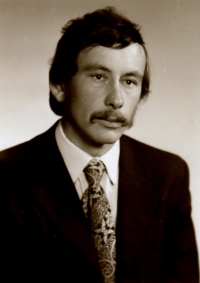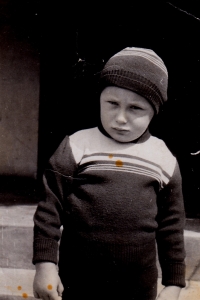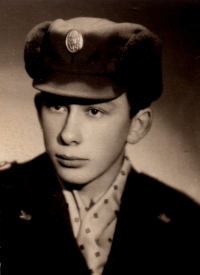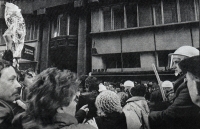I did it because I had to

Download image
Jan Zima, his maiden name Vlk, was born on May 13, 1946 in Prague. His own mother, Anna Vlková, differed him and at the age of four he was adopted by the Zima husbands. He grew up in Plana nad Luznici. In Prachatice he trained as a forester. From 1964 he worked at the Forestry Plant. Between 1965 and 1967 he completed compulsory two-year military service. In September 1968 he joined the Prague Zoo. In 1971 he married Jitka Nedorostova and a year later their daughter Sarka was born. He did not get a flat for his family in Prague and therefore returned to Planá nad Lužnicí, where he worked briefly at the sawmill. In 1974 he joined the Zoo Hluboká nad Vltavou. In the spring of 1978, he signed Charter 77. After the forced departure from the zoo in Hluboká he worked as an operator at the Forest Plant in Planá nad Lužnicí. In 1983 his son Martin was born. The witness took part in dissident life; reproduced forbidden publications, commuted to Prague demonstrations, joined the Movement for Civil Freedom, signed Several Sentences, and became a member of the Democratic Initiative. During the revolution in November 1989, he founded the Civic Forum in Planá nad Lužnicí and for two periods he was the local representative. He chaired the District Civic Commission in Tábor. Since April 1990 until his retirement he worked for the company Elk. In 2019 Jan Zima lived in Planá nad Lužnicí.



